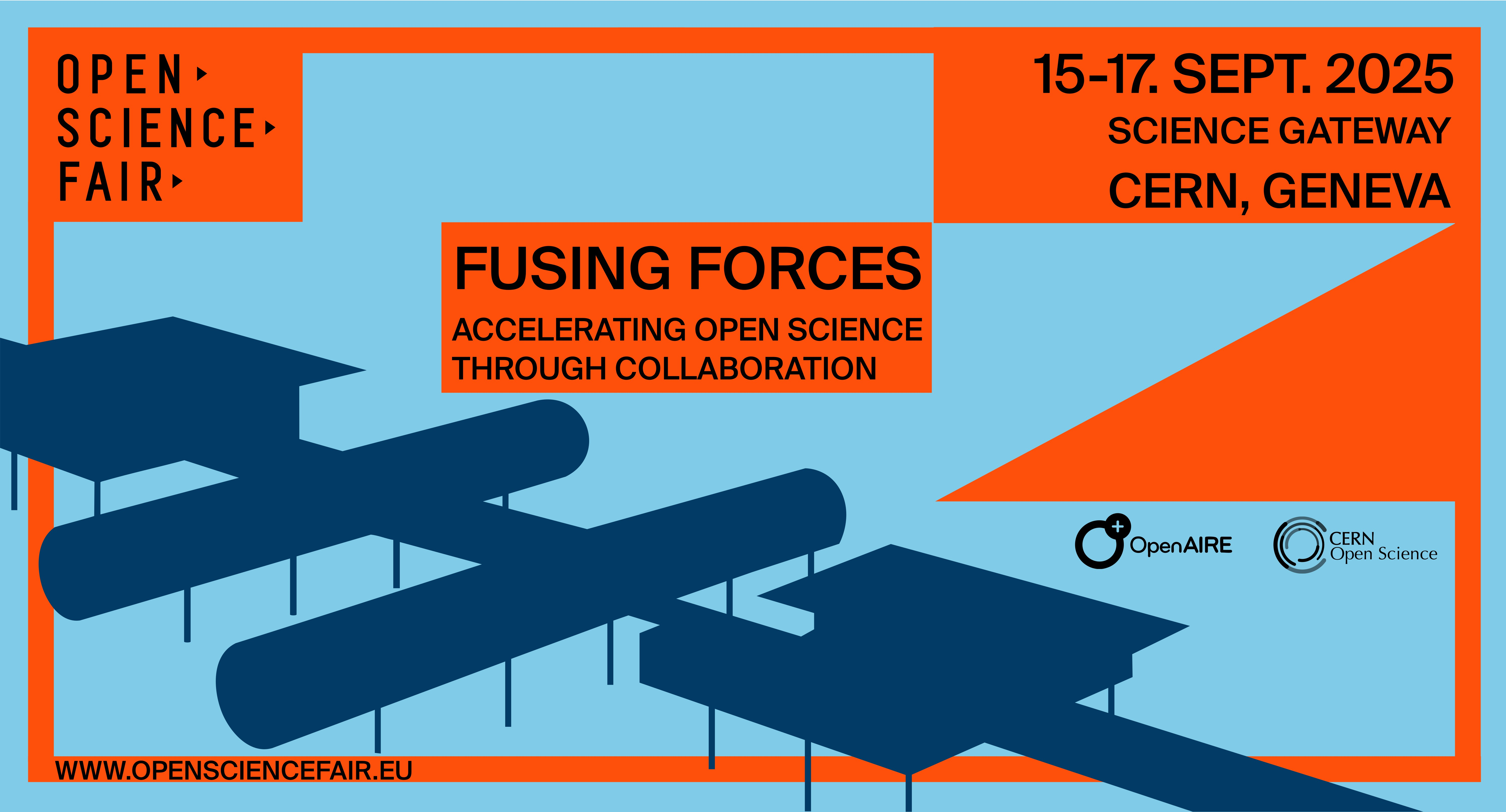Speakers
Description
Scientific Knowledge Graphs (SKGs) currently lack systematic approaches for handling geographic data, a particularly relevant limitation in energy planning, where spatial context is crucial for informed decision-making. The SciLake project (Horizon No. 101058573) aims to enhance knowledge discovery by improving the SKG’s infrastructure and services for accessing, integrating, and reusing research data across various disciplines. During the development of the Energy pilot, we created and tested a workflow to systematically detect mentions of geographical entities in scientific texts, analysed their contextual relevance (e.g., study site, case study location, broader regional focus), and mapped these associations on a European scale.
We enriched existing scientific metadata with structured geospatial information using natural language recognition enhanced by AI. We showcase that we can extract geographic mentions of case studies and institutions from open-source research.
The resulting enriched knowledge graph enables researchers, policymakers, and funders to explore research activity through a geographical lens, supporting new forms of discovery, collaboration, and policy analysis. Our work closes the gap between research and practice by providing interactive maps, which are more accessible to broader audiences than API or other current interfaces.
We utilise regional energy planning to demonstrate our approach, which includes addressing challenges related to multiple entity disambiguation. We will discuss how this enrichment pipeline could be integrated into other European Open Science infrastructures. Additionally, we will reflect on broader implications, such as areas lacking research studies, enhancing research discoverability through contextual metadata, and the potential for building more navigable, interoperable, and inclusive open science ecosystems.
Tagline
The energy pilot enhances SciLake’s Scientific Knowledge Graphs with AI-driven geospatial data integration, bridging research and practice through enriched metadata and interactive maps for informed energy planning and broader research discoverability.
| Keywords | Knowledge Graphs, Geographic Metadata, Natural Language Processing, Regional Energy Planning |
|---|
